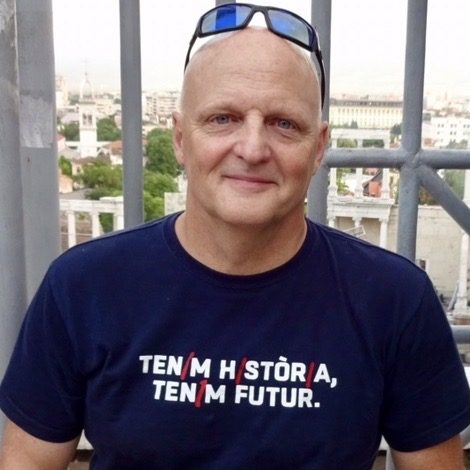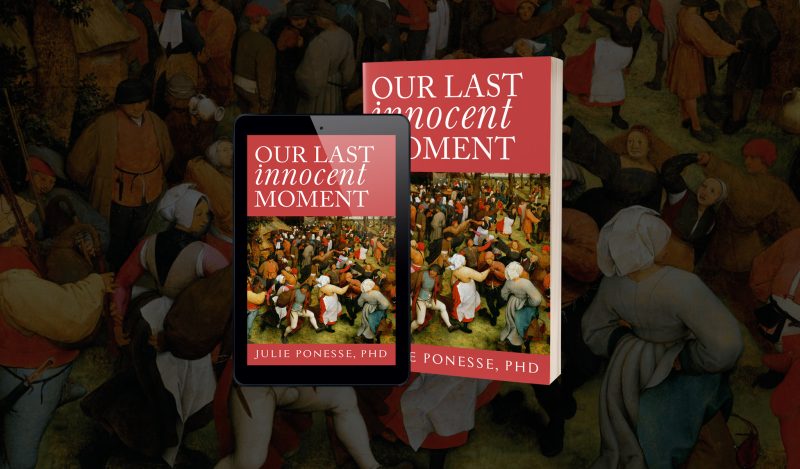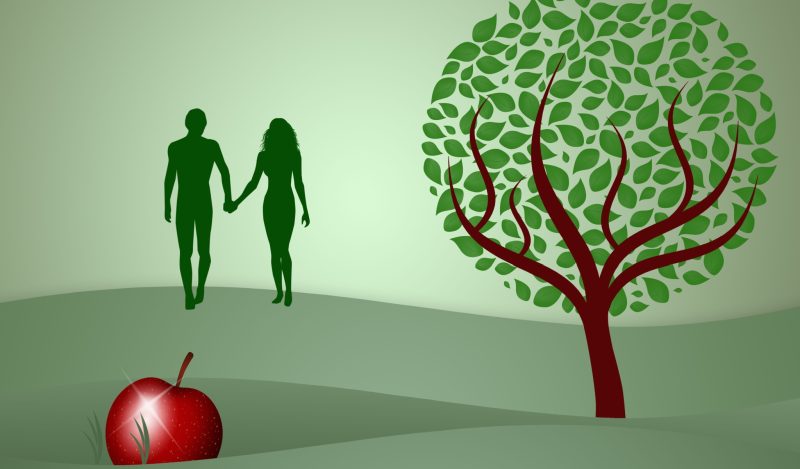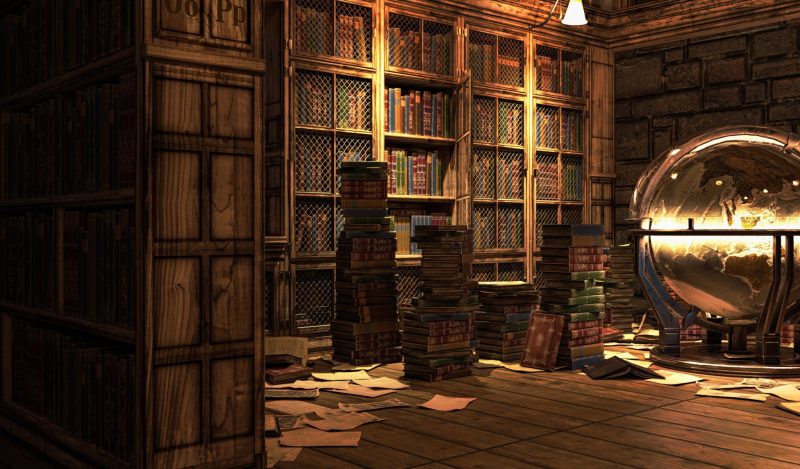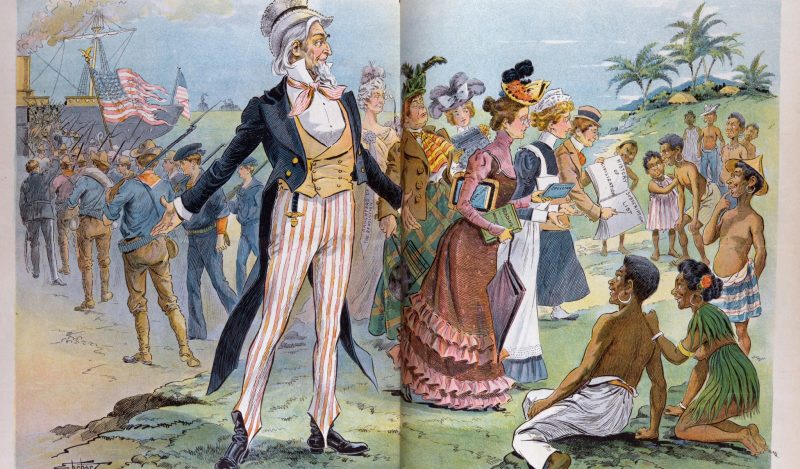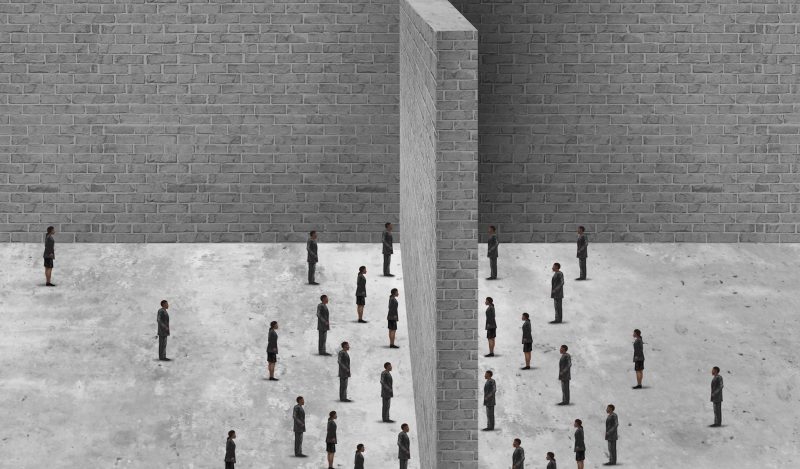Fear is a ubiquitous and essential part of the human experience. Indeed, a good case could be made that it is the driving force in the lives of many, if not most human beings. It is the terror of knowing our lives are finite and likely to be marked, especially toward their ends, by considerable pain and tragedy that has given rise to most religions, and from there—though today’s legions of secular presentists might be loathe to admit it—much of what we generally refer to as artistic culture.
To admit the ubiquity and power of fear, however, is not to say that we are condemned to live perpetually in its thrall. In fact, the very ideas of human dignity and human progress depend precisely on our ability to, in some way, train ourselves to repel or overlook its enormous paralyzing powers.
Prudent cultural leaders know this. And it is why, since the beginning of human civilization, they have assiduously sought to identify and celebrate the members of their collectives who are, or appear, to be most impervious to fright. They do so not only as a way of symbolically expressing the group’s thanks for the execution of difficult and perilous tasks, but also to promote the development of courage—derived from the Latin word for heart—among the young.
For much of history, most of these heroes were celebrated for their ability to overcome fear and act courageously in the face of physical annihilation on the battlefield.
But in most societies there has also always been a smaller subset of people venerated for their ability to heal, which is to say, to labor calmly and compassionately day in the presence of heartbreaking human diminishment and/or impending death.
To be reminded of the fragility of life and the omnipresence of death each day is not easy, as it necessarily forces the healer to fixate upon the reality of their own mortality. We have traditionally honored these people precisely for their ability—honed through mental and spiritual discipline—to face daily life in this liminal netherworld with equanimity.
I am the son, grandson, brother, nephew (x3) and first cousin (x3) of doctors. I have heard stories of doctor-patient relationships my whole life. At first, I assimilated them as one might assimilate entertaining tales on TV.
But as I grew older and began to address the issues of anxiety and fear in my own life, I came to think about them in a very different way. A crystalizing moment came when talking with my father about the Polio epidemic of 1952, and how as an intern he had been assigned work on the Polio ward of Boston City Hospital at the height of the plague.
“Weren’t you frightened?” I asked him. He said, “Of course I was. But it was my job as a physician-in-training to overcome my fear so I could stay calm and serve my patients.”
My father was a highly sensitive and deeply emotional man, not exactly your classic low-pulse, affectively distant sort of person.
But the imperative of calming the self or to be in a position to reassure and heal others never left him. How do I know? From the hundreds of spontaneous demonstrations sincere, and at times, tearful, second-hand appreciations I have received throughout the years from his patients and their immediate families.
Given his essential nature, I can only imagine the titanic effort it took for him to develop and maintain this compassionate courage in the course of his career.
Lately, however, it seems we have witnessed a strange and ominous inversion of this long-standing model of physician comportment.
I noticed the first signs during my time as an undergrad at a college known for a superb pre-med regime. Talking with my friends in the program about their goals, I was struck by the near total lack—if even in a posing and insincere way—of interest in the healing vocation my father and uncles had led me to believe doctoring was all about. There was, however, no shortage of talk about money, big houses and golf clubs.
Well, those contemporaries of mine are now at the most senior levels of medical leadership in this country. And the last two and a half years have shown us exactly what happens when we allow one of the most important, dare I say sacred, social vocations to be taken over by a cadre of comfort-seeking arrivistes.
Under the “loving” tutelage of Big Pharma and the pernicious belief, spread by our medical institutions, that healing is largely, if not exclusively, a technical and procedural matter, they have been allowed, if not encouraged to ignore the always enormous spiritual component of the process. A process which, of course, begins with their own personal struggle against existential angst.
“Why go there, if you don’t have to?” they might ask.
Answer: You go there, as every doctor once used to know, so that you can transcend your own natural smallness and enter into the realm of empathy and compassion for the patient.
You go there so you will understand as clear as the day is light and the night is dark, that no dying person should ever be left alone, never mind under the pretext of a “deadly” respiratory disease that leaves 99.85% of its victims alive.
You go there so that you will understand in the same way you know your own child is beautiful that medication should never be forced upon an individual in the name of the greater good—never mind a one engineered by a voracious and immoral corporate entity— and that to do so is a grave insult to human dignity.
You go there so that you will understand that denying help to a suffering person for any reason, never mind so that Big Pharma can up the panic level to enhance vaccine sales, is a crime.
You go there, so that when you are threatened with demotion or firing by heartless bureaucrats aligned with the Pharma criminals, faceless Darth Vaders as Joseph Campbell memorably described them, you will have an independent moral framework—transcendent of the game of professional punishments and rewards—to make sense of your circumstance, and to guide you in the process of reconstructing your life on a more meaningful and enduring basis.
Everyone in these once-trusted professions, in short, must eschew the pressure to go along with the prevailing pressure, so that he or she won’t become, like so many of their colleagues, an absurd, kiss-up kick-down, fear-promoting cypher who brings daily discredit to one of the world’s oldest and most noble vocations.
Published under a Creative Commons Attribution 4.0 International License
For reprints, please set the canonical link back to the original Brownstone Institute Article and Author.

